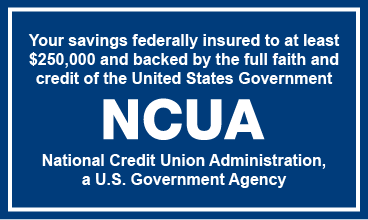Prime Rate Change FAQ
Please see below some common questions and answers regarding Prime Rate changes.
UCU's deposit products are not tied to Prime Rate or other indices. UCU meets monthly to review and evaluate the current pricing structure of all deposit accounts including certificates, savings and checking accounts. The goal of these meetings is to keep our pricing structure competitive and allow for changes when market pricing on deposit accounts fluctuates.
Some of UCU's loan products are tied to the Prime Rate including credit cards, home equity lines of credit and private education loans. The rates will vary based on the terms of each loan product. For specific questions, please contact a Consumer Loan Originator or Mortgage Loan Originator at University Credit Union.
The U.S. Prime Rate changing won't affect the rate you will get on a fixed interest rate mortgage. Mortgage rates are determined by the buying and selling of mortgage securities by banks, investors and brokerage firms on Wall Street. The notion that the U.S. Prime Rate influences long-term mortgage rates is a common misconception.
Both home equity loans and a home equity lines of credit are second mortgage loans which are secured by a home (secured meaning the home is collateral). A home equity loan is like a first mortgage in that the interest rate is fixed, the borrower receives a lump sum at closing and the borrower will service the loan via amortized payments, typically for 15 years. A HELOC, on the other hand, is credit, in that the interest rate is variable (usually indexed to the Prime Rate) and the borrower can access as much or as little of a given credit line over the life of the HELOC.
No, the main benchmark interest rate in the United States is the Federal Reserve's target for the fed funds rate. The fed funds rate is basically a healthy bank's cost for borrowing overnight funds from other banks via the Federal Reserve System.



